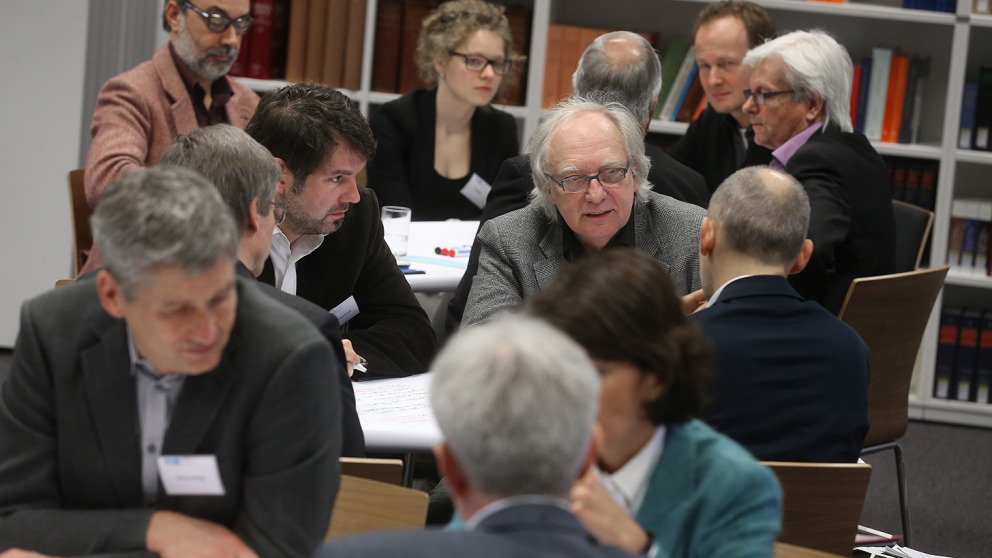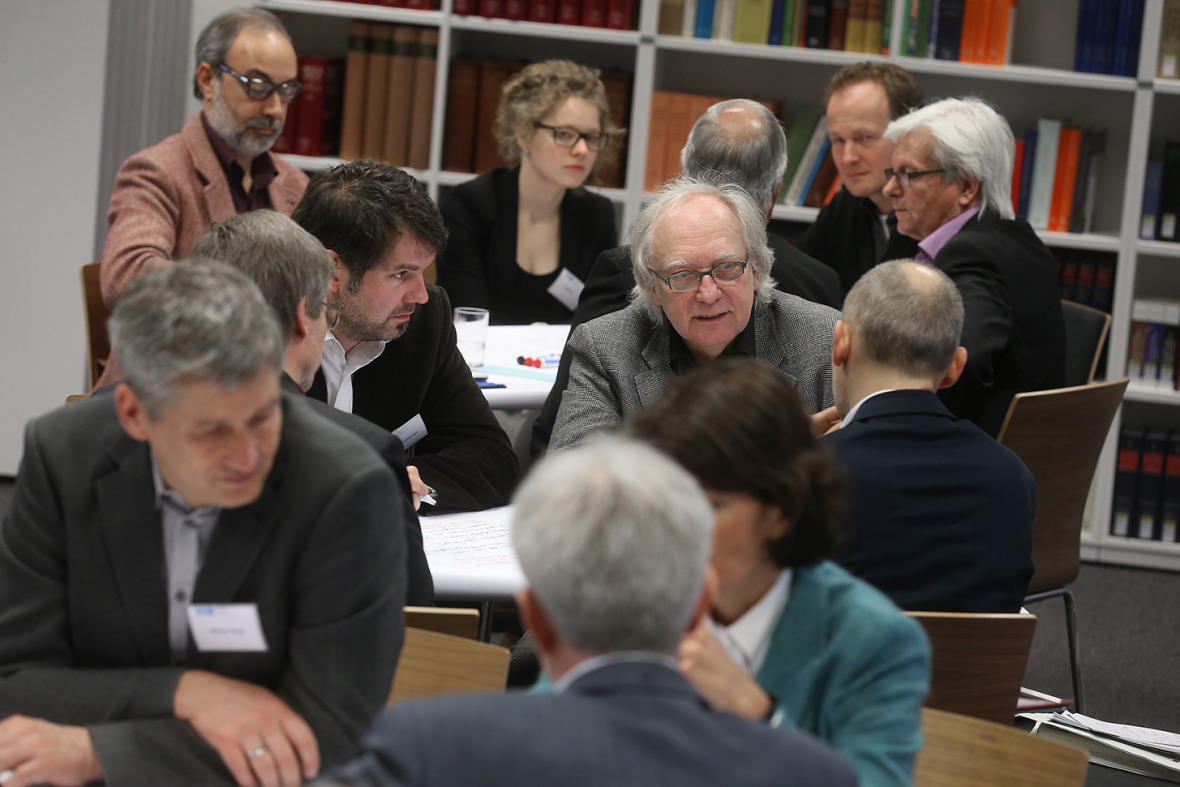Headline:
Citizen Participation is Important for the Energiewende – Results of a Survey of Local Utilities
DEMOENERGY Research Project

Municipal and regional energy providers recognise the importance of citizen participation for the success of the Energiewende. This is confirmed by the results of a survey conducted by the IASS and the Association of Local Public Utilities (VKU) in March 2015 among VKU municipalities. The vast majority of the respondents (91%) believe that citizen participation is “important” or “very important” for the success of the Energiewende. Of the 765 enterprises to which the survey was sent, around 100 (13%) participated.

The survey revealed that almost half of the respondents have made efforts to involve citizens in the planning, construction and operation of infrastructure projects in the energy sector in the last decade, particularly in the areas of solar (67%), wind energy (35%) and biomass (28%). IASS Executive Director Klaus Töpfer sees this as a positive signal: “It’s great news that half of the enterprises surveyed already have experience of involving citizens in the Energiewende and view this as ‘important’ or ‘very important’. It’s only through this kind of participation that the Energiewende will continue to progress as a collaborative endeavour. At the same time, the Energiewende is also the arena in which forms of citizen participation can be tried and tested.”
From financial participation to round tables – the many forms of citizen participation
For VKU Managing Director Hans-Joachim Reck, the Energiewende is a mammoth infrastructural undertaking that requires the involvement of all parts of society. “This undertaking is technically complex and necessitates interventions in the landscape, for example, the construction of renewable energy installations and power lines. The people living the vicinity of such interventions need to make concessions. Citizen participation helps us to find joint solutions that everybody can accept through dialogue,” he explained.
The survey sought to gauge the importance of citizen participation for the Energiewende and gather real experiential values for the planning and implementation of infrastructure projects in the energy sector. The definition of citizen participation in the first part of the survey was kept deliberately broad in an attempt to gather data on forms of financial participation (e.g. savings bonds) as well as more informal manifestations of citizen participation that are not regulated in law. Another section of the survey homed in on common practice in informal citizen participation, for example, round tables, future conferences and public meetings. As Ina Richter, a researcher for the DEMOENERGY project at the IASS, stressed, “Given the extent of informal public participation, it is more important than ever to learn more about how the participatory processes initiated by enterprises are understood and work in practice. To date, we have hardly any information about this.”
Citizen participation usually initiated by proactive enterprises
In another interesting result, the survey shows that for 86% of the surveyed enterprises the decision to involve citizens in planned infrastructure projects in the energy sector was made on their own initiative. Almost half of the respondents (48%) claimed that the municipality as proprietor played a major role in their decision. And only around a fifth of the enterprises cited financial reasons for their decision to involve citizens in such projects. The respondents also indicated that they expect that the initiative shown by enterprises and decisions made by municipalities will continue to be the main factors behind citizen participation in the future.
The VKU is a partner of the project “DEMOENERGY – The Transformation of the Energy System as a Driver of Democratic Innovation”, which is funded by the Federal Ministry of Education and Research and currently being carried out by the IASS in cooperation with the Institute for Advanced Study in the Humanities (KWI). The project investigates how citizens can take an active part in shaping the Energiewende, not just through forms of financial participation, but also through dialogue-based citizen participation.
IASS researchers to map citizen participation
As part of this investigation, researchers at the KWI are developing, testing and assessing participatory processes for the planning of high-voltage power lines. Among other things, they focus on finding out what it is that makes these processes work. But the Demoenergy team doesn’t just want to design, test and evaluate formats for dialogue-based participation; it’s also keen to learn about what’s happening in the real world, where people are engaging in all kinds of participatory processes, particularly at local level. Different forms of participation often differ radically from each other, not just in terms of their aims but also with regard to the following:
- the areas in which they are applied, e.g. wind energy or grid expansion
- the preferred methodologies and the complexity of the process in question
- the role played by interest groups and expecially citizens
- the intensity of citizen involvement.
As part of their work on the project at the IASS, researchers are gathering data to gain an overview of the state of citizen participation in the context of the Energiewende in Germany. After three years, the fruits of their labour will include a comprehensive assessment of various forms of participation in the context of the Energiewende based on different criteria as well as a map of how these forms of participation are distributed throughout Germany, which will be presented to the general public.
17.06.2015
